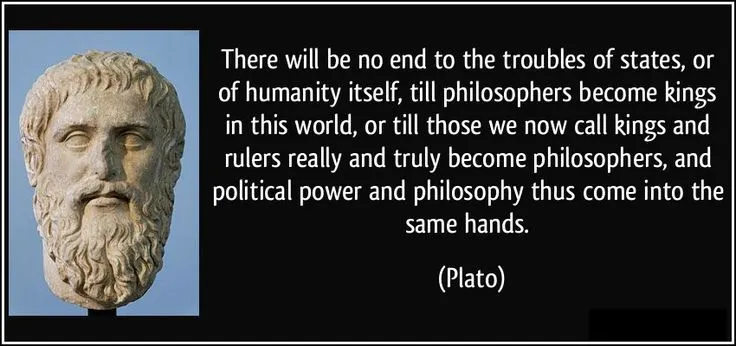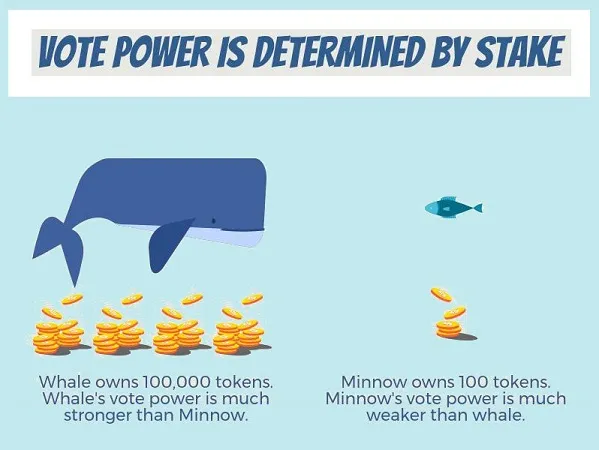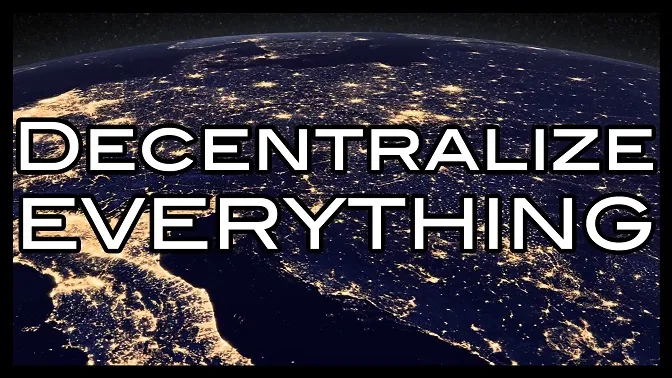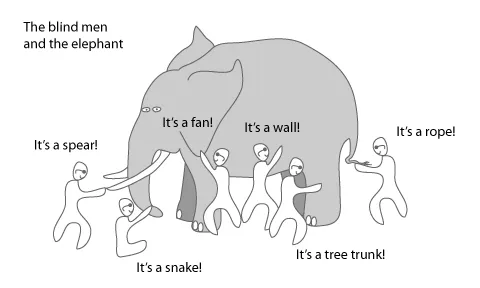
https://en.wikipedia.org/wiki/Philosopher_king
According to Plato, a philosopher king is a ruler who possesses both a love of knowledge, as well as intelligence, reliability, and a willingness to live a simple life. Such are the rulers of his utopian city Kallipolis.
Plato did not believe in democracy, and for good reason. Humanity is a hive primarily filled with drones. People, as a statistical majority, are extremely gullible and easy to manipulate. Plato would be rolling in his grave if he could see the world today. The elite continues to control all the information and twist it to fit their desired narrative. They have become masters of the craft and, combined with technology, rule over our thoughts with lies bleeding into truth.
The difficult reality is that citizens do not deserve an equal vote. This only creates the illusion of fairness. When the elite can simply pay money to tell people what to think, the votes received have been tainted beyond legitimate recognition. This is why I was so excited about DPOS when I learned about it.

Delegated Proof Of Stake
@dan's creations are the beginning of an incredible revolution. Sure, EOS and Steem come under heavy fire from the crypto community. It's easy to pick it apart and point out the horrendous flaws, but just like Darwin was wrong about so many things concerning evolution, he is still the one that got all of us all thinking about it and what it could be.
Currently, DPOS is just that: proof of stake. Your reputation and trust within the community is simply based on how much money you have. Barf. However, what if that changed? What if we could start measuring trust and reputation in different ways? We could create superior governance models that were highly resistant to corruption, so much so that it would make traditional government look like a hilarious joke. Seriously, our current governments look like they've been designed by children from this perspective.
Imagine being part of a community where your vote matters more when concerning topics you are an expert in. You're the whale in that field. Don't know anything about guns? You aren't allowed to make gun laws. Don't know anything about economics? You're not allowed to weigh in on the upcoming tariff vote. Uneducated in the field of medicine; no say in it's regulation. There are a million examples, you get the idea.

Centralization isn't that bad.
I wrote this post four days ago but I didn't really make the point that I wanted to make. I see DPOS as a way to bring back city-states from the old days of the Greeks and Romans. Decentralizing government is key to this revolution. You can centralize a coin to a certain area (city/community) but you can still decentralize that coin within the area it's centralized in.
For example, you could start a universal basic income DPOS blockchain that creates a separate blockchain for each city. The local government would airdrop tokens on registered voters. Businesses that accepted the coin as payment would be given an airdrop. Citizens that helped implement the transition could be given an airdrop. All of these decisions could be governed using the delegated proof of stake model. Just like Steem witnesses get 10%, vested votes are worth 50%, curation is worth 25%, and total vests are worth 15%, so to can we fork this system and create any kind of distribution that we see fit.
We've barely even started this journey.
The valid use-cases of cryptocurrency haven't even come close to being 1% realized. We fall into the same trap of viewing the blockchain through the faded lens of the past. It will take true visionaries to see the blockchain for what it really is and what it can become.

